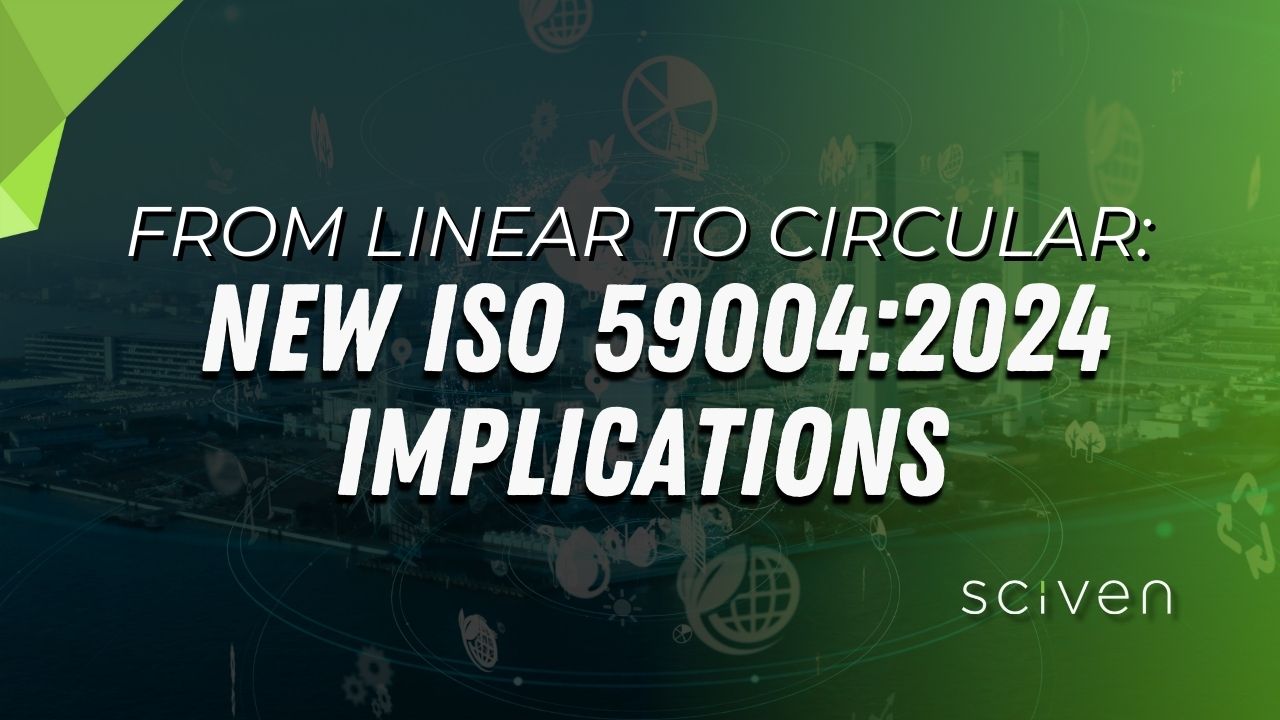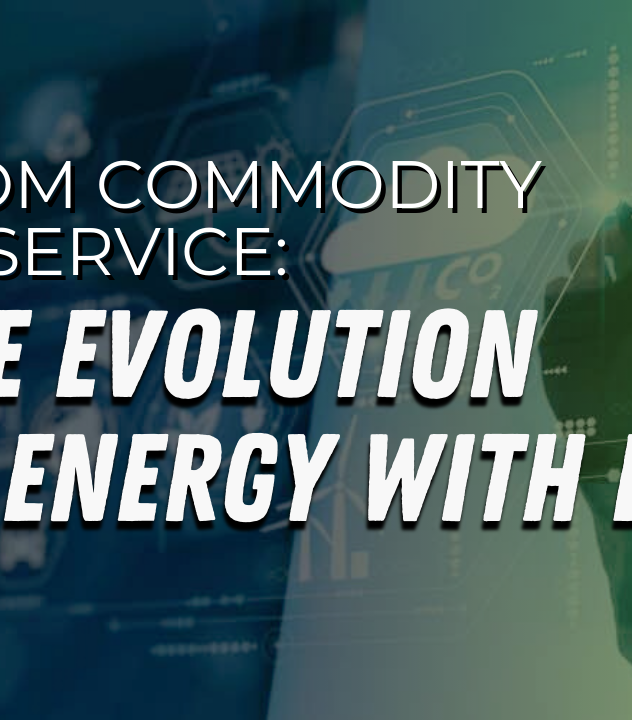
From Linear to Circular: New ISO 59004:2024 Implications
The recent introduction of ISO 59004 marks a significant milestone in the journey towards a sustainable circular economy. As part of the ISO 59000 series, this standard sets the stage for organizations to systematically transition from a linear to a circular model, emphasizing sustainable resource management, innovation, and resilience.
Understanding ISO 59004
ISO 59004 provides a comprehensive framework and guidelines to help organizations embrace circular economy principles. It establishes six interconnected principles: systems thinking, value creation, value sharing, resource management, resource tracking, and ecosystem resilience. These principles are crucial for fostering a sustainable business environment where resources are reused, recycled, and remanufactured rather than disposed of after a single use.
Before ISO 59004: The Linear Model
Linear Economy Model: Traditionally, businesses operated on a linear model characterized by a “take-make-dispose” approach. This model led to significant environmental issues such as resource depletion, increased waste, and heightened carbon emissions. For instance, this meant extensive use of fossil fuels without adequate measures for recycling or reusing byproducts.
After ISO 59004: A Circular Transformation
Circular Economy Model: ISO 59004 promotes a circular model, which aims to keep resources in use for as long as possible. This involves refusing unnecessary resource use, rethinking product designs, reducing waste, repairing and refurbishing products, and recycling materials – this shift includes adopting renewable energy sources, enhancing energy efficiency, and technologies that facilitate the reuse of energy byproducts.
Key Changes with ISO 59004
Systems Thinking: Organizations are encouraged to view their operations as part of a larger system, recognizing the interconnections and potential impacts on the environment and society.
Value Creation and Sharing: Businesses must focus on creating sustainable value through innovative products and processes while ensuring that benefits are equitably shared among stakeholders.
Resource Management and Tracking: Effective resource management and tracking are essential for minimizing waste and optimizing the use of materials. This involves adopting technologies that enable real-time tracking and efficient use of resources.
Ecosystem Resilience: Companies are guided to enhance the resilience of ecosystems by minimizing their environmental footprint and supporting biodiversity.
General Implications: Transformative Business Alterations
The implementation of ISO 59004 brings several inevitable business alterations for the energy sector, compelling decision-makers to act:
Adoption of Renewable Energy: Transitioning to renewable energy sources such as solar, wind, and biomass is no longer optional but a necessity. This shift reduces carbon emissions and reliance on finite resources, ensuring compliance with ISO 59004 standards and contributing to climate change mitigation (Renewable Matter) (Circular Economy Alliance: Leading the Change).
Energy Efficiency Improvements: Enhancing energy efficiency through advanced technologies and smarter processes is a key requirement. This includes implementing smart grids, energy storage systems, and other innovations that reduce waste and lower operational costs. Companies must focus on continuous improvement in energy efficiency to align with the circular economy principles of ISO 59004 (Circular Economy Alliance: Leading the Change).
Waste-to-Energy Solutions: Developing and integrating waste-to-energy technologies can help convert waste materials into usable energy, aligning with the circular economy’s emphasis on resource reuse and recycling.
Circular Business Models: Transitioning from traditional linear business models to circular ones requires redefining value networks and business strategies. Companies must embrace circular economy strategies such as industrial symbiosis, where waste or byproducts of one process become the raw materials for another (Circular Economy Alliance: Leading the Change).
Why You Should Act Now
The introduction of ISO 59004 represents both a challenge and an opportunity:
Regulatory Compliance: With increasing global emphasis on sustainability, adhering to ISO 59004 ensures compliance with emerging regulations and standards. This proactive approach can prevent future legal and financial penalties associated with non-compliance.
Competitive Advantage: Embracing ISO 59004 can differentiate a company as a leader in sustainability, attracting environmentally conscious consumers and investors. This can enhance brand reputation and market position.
Operational Efficiency: Implementing the guidelines of ISO 59004 can lead to significant improvements in operational efficiency, reducing costs associated with waste and resource inefficiency.
Long-term Resilience: Building a business model around circular economy principles can increase resilience against resource scarcity and other environmental, social, and economic risks, ensuring long-term sustainability and profitability.
Let’s envision today’s energy future together!
Contact us at hello.dese@sciven.com






BoydA
Really wonderful information can be found in the blog.